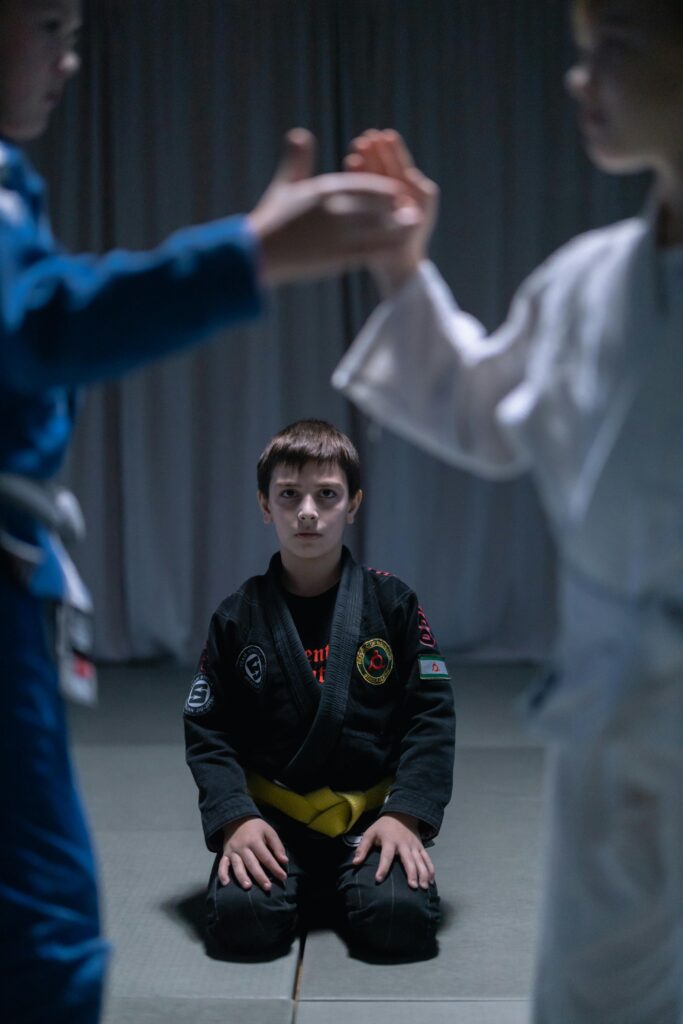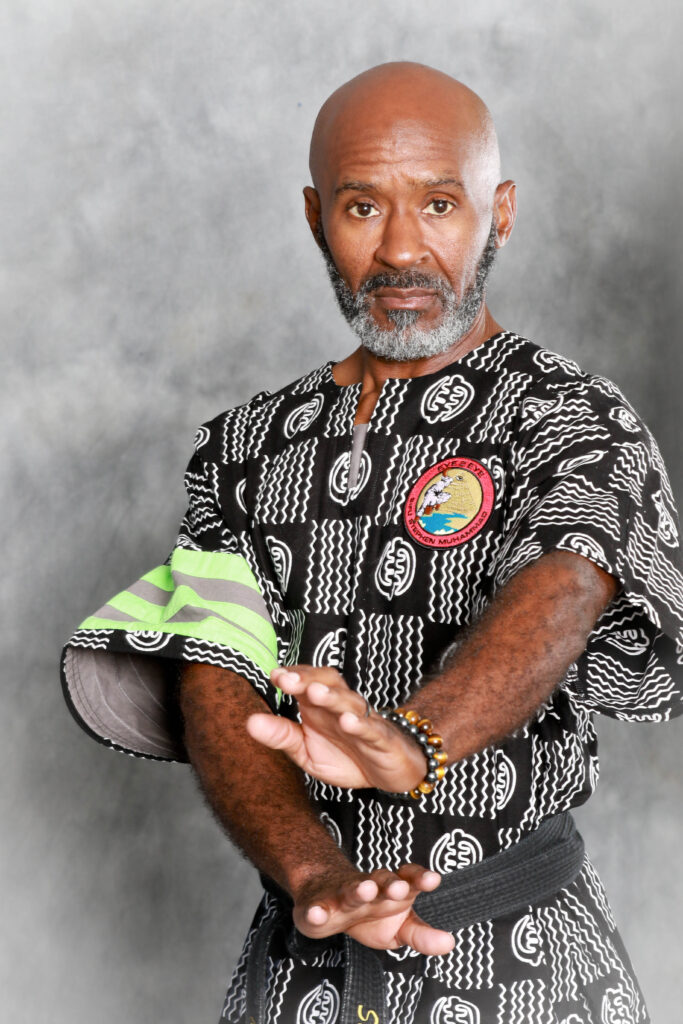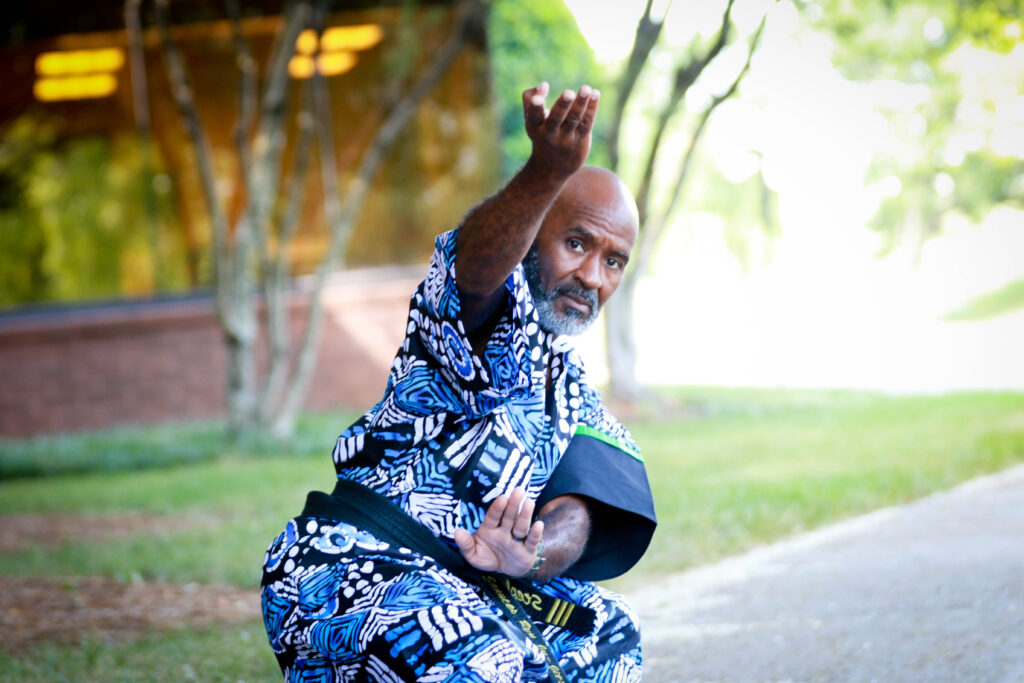Karate classes can be a game-changer for anyone looking to improve their physical fitness, mental strength, and self-defense skills.
Whether you’re a parent hoping to boost your child’s confidence or an adult seeking a fresh way to stay active, karate offers a lot more than just kicks and punches.
I’ve seen firsthand how this practice transforms lives, and I’m here to share why it could be the right fit for you.
Why Choose Karate Classes for Personal Growth?
Choosing karate isn’t just about learning a few moves; it’s about building a stronger, more confident version of yourself.
I’ve had the privilege of watching many students, from children to seniors, surprise themselves with what they’re capable of. Karate pushes you to grow physically and mentally, and it’s a journey you might just fall in love with.
Build Strength and Flexibility
One of the first things people notice when they join karate classes is how much stronger they feel.
The training involves movements that work every part of your body—punching, kicking, and stances that make your core and muscles work hard. But it’s not all about power. Flexibility comes with practice, too.
As you learn new techniques, you’ll find yourself bending and stretching in ways that keep your muscles agile. This combination of strength and flexibility makes you feel more energized, even outside of class.
Boost Mental Focus and Discipline
I’ve seen how karate sharpens the mind. It’s like a moving meditation, where each technique demands focus and discipline. You learn to perfect your form, pay attention to every detail, and stay present.
This focus doesn’t just stay on the mat—it follows you into your everyday life, whether it’s helping you stay concentrated at work or keep calm during stressful moments.
Plus, there’s something powerful about knowing you have control over your body and mind.
Understanding Different Styles of Karate
Karate isn’t one-size-fits-all, and that’s one of the things that keeps it interesting. There are different styles to explore, each with its own techniques and philosophies.
Whether you prefer the precision of traditional forms or a more modern twist, there’s a path that will resonate with you.
Traditional Karate Styles
Traditional karate styles like Shotokan, Goju-Ryu, and Kyokushin each bring their unique focus. Shotokan, for instance, is known for its powerful stances and clean, precise strikes.
Goju-Ryu blends hard and soft movements, offering a mix of forceful techniques and smoother, flowing actions.
If you’re looking for something with a bit more intensity, Kyokushin’s focus on full-contact training might appeal to you. These styles have been practiced for decades, offering a depth of tradition that enriches your practice.
Modern Adaptations in Karate Classes
Many classes today integrate aspects from other martial arts, making the training more versatile. You might find classes that incorporate elements of Brazilian Jiu-Jitsu or Jujitsu to teach grappling techniques alongside traditional strikes.
This blend ensures that students not only learn the core principles of karate but also gain skills that are effective in real-world scenarios. It’s a well-rounded approach that prepares you for a variety of situations.
Health Benefits of Joining Karate Classes
Karate is more than just learning how to defend yourself—it’s a full-body workout that improves your overall well-being. It’s always exciting to see students discover just how much karate can benefit their health, both physically and mentally.
Cardiovascular Health
Karate classes give your heart a workout. The dynamic movements keep your pulse up, whether you’re practicing a series of kicks or sparring with a partner. It’s like combining the intensity of cardio workouts with the fun of learning new skills.
This keeps your heart healthy, builds stamina, and makes every class feel like a new challenge, keeping you motivated to come back for more.
Stress Reduction and Mindfulness
Let’s face it—life can get stressful. Karate offers an escape from that. When you step into class, you leave your worries at the door.
The focus required to master each technique clears your mind, creating a sense of calm and mindfulness that sticks with you long after you’ve left the dojo. It’s not just about the physical—it’s about finding a space where you can breathe and refocus.
Self-Defense Skills
Learning self-defense in karate is incredibly empowering. It’s not about becoming aggressive but about gaining the confidence to protect yourself if needed.
The techniques you practice teach you how to use your body efficiently, leveraging balance, speed, and strategy rather than brute strength.
This makes karate accessible to everyone, from kids to adults. It’s practical knowledge that gives you peace of mind.
Who Can Benefit from Karate Classes?
I’ve seen students from all walks of life find their place in karate. The beauty of this martial art is that it’s adaptable—it meets you where you are and grows with you. No matter your age or fitness level, there’s a spot for you in the dojo.
Karate for Children and Teenagers
Karate can be a huge confidence booster for kids and teens. I’ve worked with children who were shy or struggled with focus, and over time, I watched them come out of their shells.
Karate teaches kids respect, discipline, and self-control, all while making them feel strong and capable. For teenagers, it’s a great way to build resilience and handle the challenges they face, whether it’s at school or in social situations.
Karate for Adults
For adults, karate is a perfect way to unwind and stay fit. I’ve seen people walk in after a long day at work, stressed and tense, and leave class feeling lighter, both in body and mind.
It’s a chance to focus on yourself, learn new skills, and connect with a community that shares your goals. Plus, it’s a workout that never feels boring—you’re constantly learning something new, which keeps you engaged.
Senior-Friendly Karate Programs
It’s never too late to start karate. In fact, many older adults find that it helps them stay active and maintain their mobility. Classes designed for seniors focus on gentler movements that build balance and strength without putting too much strain on the body.
It’s inspiring to see the determination and progress of seniors who join our classes—they show that age is just a number when it comes to staying healthy and strong.
What to Expect in a Karate Class
If you’re thinking about starting karate but aren’t sure what to expect, let me walk you through it. The dojo might seem intimidating at first, but it’s a welcoming place where everyone is there to learn and grow.
Basic Techniques and Movements
In your first few classes, you’ll learn the basics—simple punches, kicks, blocks, and stances. These might seem simple, but they’re the foundation of everything you’ll do.
As you practice, you’ll find yourself getting more comfortable and confident with each move. These basics set the stage for more advanced techniques, and before you know it, you’ll be moving with precision and power.
Typical Class Structure
A typical karate class starts with a warm-up to get your body ready for training. This is followed by drills that focus on specific techniques, like perfecting a roundhouse kick or refining your form in kata practice.
Sparring sessions might come later as you progress, allowing you to test your skills in a controlled, safe environment. Classes usually end with a cool-down and a moment of reflection, giving you time to absorb what you’ve learned.
How to Choose the Right Karate Class Near You
Finding the right class can make all the difference in your karate journey. It’s important to find a place where you feel comfortable and supported.
Consider Your Goals
Think about what you want out of karate. Are you looking to improve your fitness, gain practical self-defense skills, or maybe just find a new hobby?
Knowing your goals will help you find a class that matches your needs, whether you’re seeking youth classes for your kids or a challenging adult class for yourself.
Evaluating Instructors and Facilities
A good instructor makes all the difference. Visit different dojos and see how they interact with students. A great karate teacher not only knows their craft but also knows how to inspire and guide students at every stage.
Look for a welcoming environment with clean facilities that offer everything you need for a comfortable training experience.
Trial Classes and Membership Options
Many dojos offer trial classes, giving you a chance to see if it’s the right fit before making a commitment. This is a great way to experience the teaching style, meet fellow students, and get a sense of the class atmosphere.
It’s always a good idea to try before you buy when it comes to choosing a new place to train.
Find Your Strength with Eye2Eye Combat’s Karate Classes—Start Today
Karate classes can genuinely change your life, whether you’re looking to get fit, stay active, or learn valuable self-defense skills. It’s about pushing yourself a little further every day and building a confidence that goes beyond the dojo.
If you’re ready to experience the power of martial arts for yourself, Eye2Eye Combat offers the perfect place to start. With classes for all ages and skill levels, you’ll find a welcoming community and expert guidance here.
Take the first step today, and let Eye2Eye Combat help you discover your strength—one class at a time.
FAQs
What age is best for karate?
Karate can be a great experience at almost any age. Kids as young as 4 or 5 can start learning basics like discipline and coordination. But honestly, it’s never too late to begin. Each age group brings its own benefits—kids gain confidence, teens build focus, and adults find a great way to stay fit and stress-free.
Is 27 too old to start karate?
Not at all! 27 is a perfect age to start karate. Many adults begin their martial arts journey later in life and find it incredibly rewarding. Karate helps build strength, flexibility, and self-defense skills, no matter your age. Plus, it’s a great way to relieve stress and meet like-minded people.
Is 2 days a week enough for karate?
Yes, training two days a week can be very effective, especially if you’re consistent. It gives you time to learn new techniques and improve your skills while allowing your body time to rest and recover. Many students see good progress with just two sessions a week, especially if they practice a bit at home too.
What’s better, karate or Taekwondo?
It really depends on what you’re looking for. Karate focuses on powerful punches, blocks, and overall body strength, while Taekwondo emphasizes high, dynamic kicks. If you enjoy striking techniques and practical self-defense, karate might be a great fit. But if you love flashy kicks and acrobatics, Taekwondo could be more your style.





